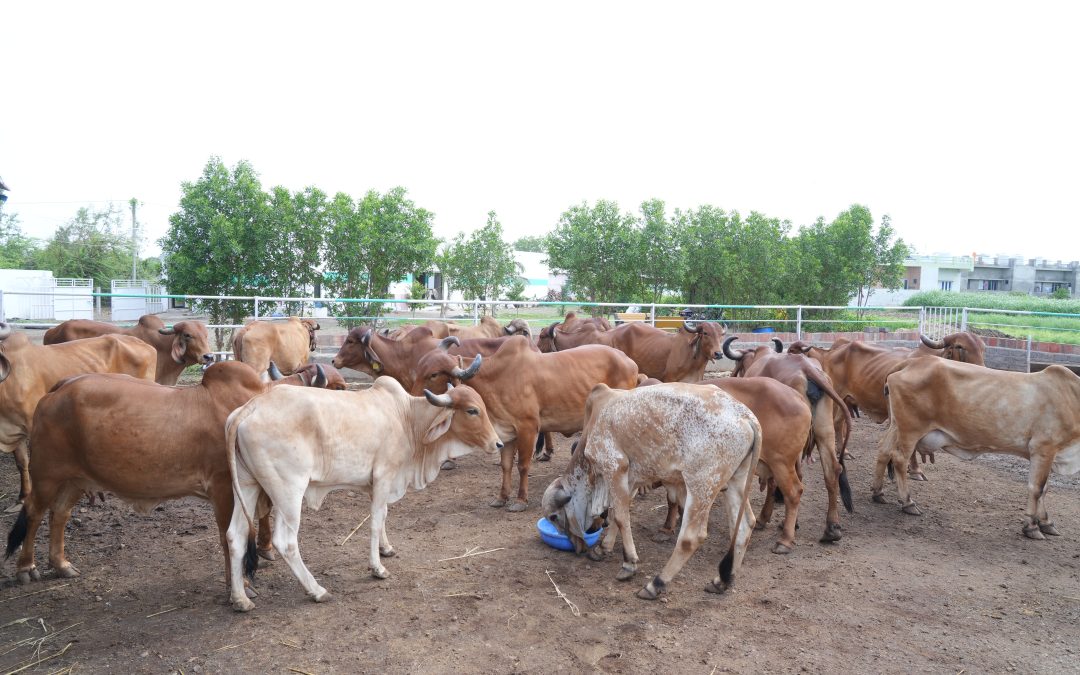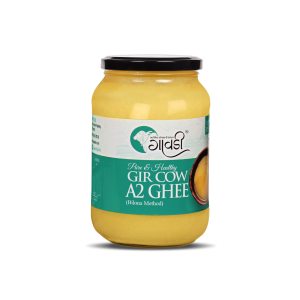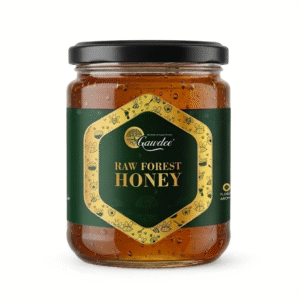Cow-based farming, also known as cow-centric farming or natural farming, is an agricultural system that revolves around the use of cows for sustainable and organic farming practices. In this method, cows play a central role not only in providing milk and dairy products but also in contributing to soil fertility, pest control, and overall farm sustainability. Cow-based farming emphasizes the use of cow-derived products like cow dung, cow urine, and other by-products in agriculture to enhance soil health and promote eco-friendly farming.
The system is often associated with traditional and organic farming methods that avoid synthetic fertilizers, pesticides, and chemicals, focusing instead on natural inputs provided by cows.
Key Elements of Cow-Based Farming:
- Cow Dung and Cow Urine:
- Cow dung is used as an organic fertilizer, improving soil fertility and microbial activity.
- Cow urine is often used as a natural pesticide and herbicide due to its antiseptic properties.
- Organic Composting:
- Cow dung is mixed with organic waste to create nutrient-rich compost, which is beneficial for crops.
- Biogas Production:
- Cow dung is also used in biogas plants to generate energy for farm use, creating a self-sustaining energy cycle.
- Natural Pest Control:
- By using cow urine and other cow-based inputs, farmers can create natural pesticides that protect crops without harming the environment.
- Soil Health:
- The use of cow-based products enhances soil organic matter, improves moisture retention, and boosts plant growth.
Why is Cow-Based Farming Important?
- Sustainability:
- Cow-based farming supports sustainable agriculture by reducing dependency on chemical fertilizers and pesticides. The natural inputs from cows help in maintaining soil health, which leads to long-term sustainability of agricultural lands.
- Soil Fertility:
- Cow dung is a rich source of nitrogen, phosphorus, potassium, and organic matter, which are essential nutrients for plant growth. It improves the fertility and texture of the soil, promoting higher yields over time.
- Environmental Conservation:
- By avoiding synthetic chemicals, cow-based farming helps prevent soil degradation, water contamination, and air pollution, thus contributing to environmental conservation. It reduces the carbon footprint of farming operations by using natural inputs and generating biogas for energy needs.
- Cost-Effectiveness:
- Using cow-based inputs like cow dung and urine can significantly lower the costs of farming as farmers can produce these inputs on their own farms. This reduces the need for purchasing expensive synthetic fertilizers and pesticides.
- Healthier Crops:
- Crops grown using cow-based farming methods are often healthier and free from harmful chemical residues. This can lead to the production of organic and more nutritious food, which is better for human health.
- Promotes Biodiversity:
- Cow-based farming encourages the cultivation of a variety of crops, promoting agrobiodiversity. It also supports the conservation of indigenous cow breeds, which are often hardier and better suited to local environmental conditions.
- Self-Sufficiency:
- Farmers practicing cow-based farming can become more self-reliant by producing their own fertilizers, pesticides, and even energy (through biogas). This reduces dependency on external inputs and promotes economic stability for small-scale farmers.
- Cultural and Traditional Value:
- In many cultures, especially in India, cows have a deep spiritual and cultural significance. Cow-based farming aligns with traditional agricultural practices and helps preserve ancient knowledge of sustainable farming.
Conclusion
Cow-based farming is a sustainable and eco-friendly approach that not only enhances soil health and crop yields but also helps in conserving the environment. By using natural cow-derived products, farmers can reduce their dependency on synthetic inputs, promote biodiversity, and contribute to long-term agricultural sustainability. This method of farming is gaining importance as the world increasingly turns towards organic and regenerative agricultural practices.












